Electric Wagon Car Innovations on Display at the 2025 China Import and Export Fair
The 2025 China Import and Export Fair, known as the 138th Canton Fair, is set to spotlight groundbreaking advancements in the automotive sector, particularly in the realm of Electric Wagon Cars. According to a recent report by the International Energy Agency, the global electric vehicle market is projected to grow at a staggering compound annual growth rate (CAGR) of 22% from 2023 to 2030, reflecting an increasing consumer shift towards sustainable transportation solutions.
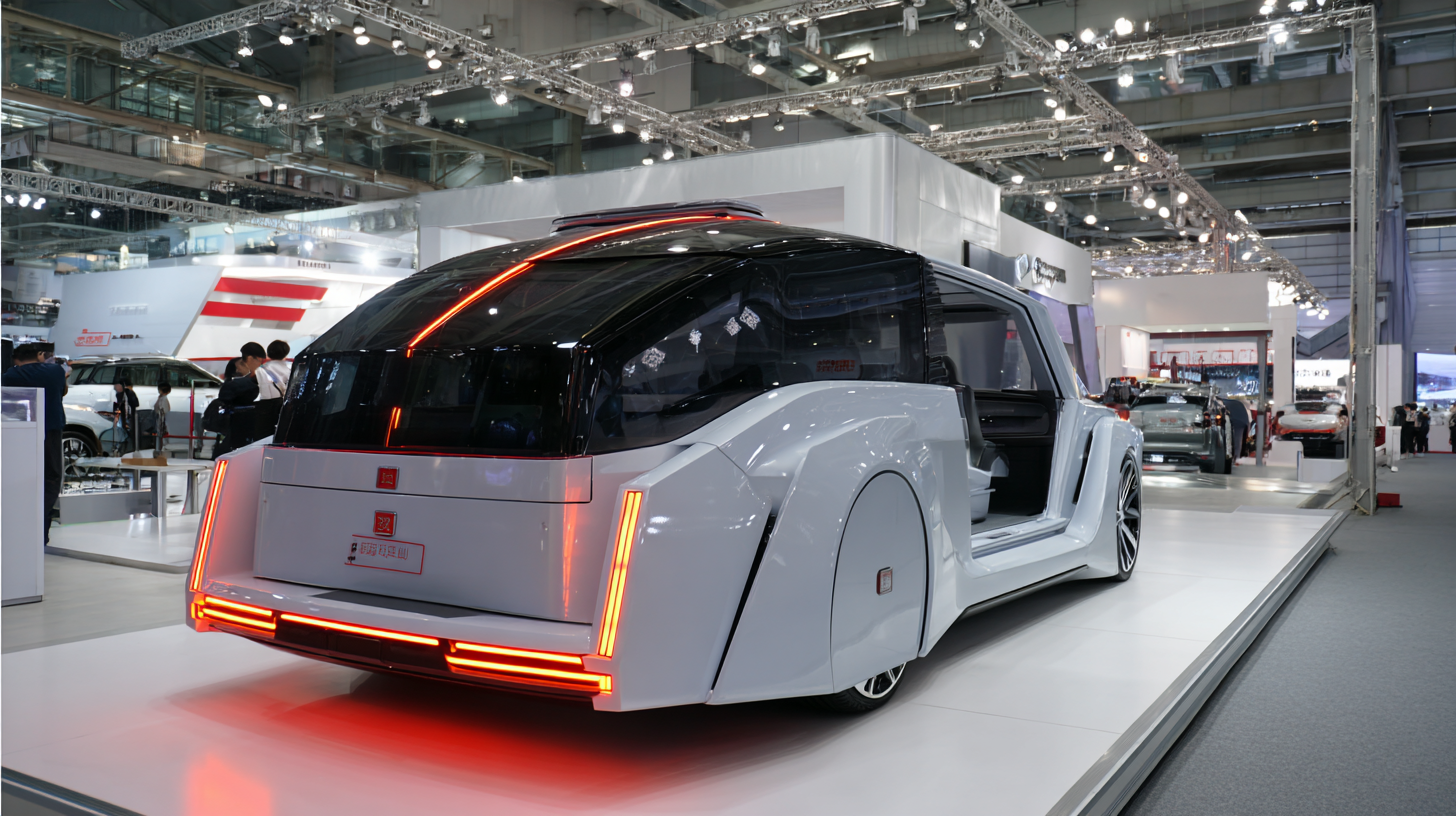
Furthermore, the China Association of Automobile Manufacturers has noted that electric vehicles, including electric wagons, accounted for over 20% of total vehicle sales in 2022—a remarkable leap from previous years. This surge underscores not only the technological innovations driving the industry but also the urgent need for automakers to adapt to evolving consumer demands and regulatory frameworks. As industry leaders gather at the Canton Fair, we anticipate a showcase of the latest Electric Wagon Car innovations, highlighting their potential to reshape the future of urban mobility.
Innovative Electric Wagon Car Designs Showcased at the Fair
At the 2025 China Import and Export Fair, the spotlight shone brightly on the latest innovations in electric wagon car designs. This year’s exhibition showcased an array of futuristic models that blend sustainability with cutting-edge technology. One standout feature was the integration of smart connectivity, allowing drivers to monitor vehicle performance and energy consumption through a dedicated mobile app. Each design aimed not only to enhance efficiency but also to provide an eco-friendly alternative to traditional vehicles, underlining the growing emphasis on reducing carbon footprints.
In addition to showcasing sleek exteriors and modern interiors, the fair highlighted advancements in battery technology. Several exhibitors unveiled electric wagon cars equipped with rapid-charging capabilities and long-range batteries, promising extended travel without the anxiety of frequent charging stops. Innovative safety features, such as automatic braking and enhanced driver assistance systems, were also emphasized, pushing the boundaries of what consumers can expect from electric vehicles. This fair not only celebrated the advancements in electric wagon cars but also served as a platform for manufacturers to highlight their commitment to sustainable mobility.
Key Technologies Driving Electric Wagon Car Advancements
The 2025 China Import and Export Fair is set to showcase remarkable innovations in electric wagon cars, with a spotlight on key technologies driving advancements in this sector. As the automotive industry shifts towards sustainability, electric wagon cars are incorporating cutting-edge features that enhance efficiency, safety, and user experience. Technologies like regenerative braking, advanced battery management systems, and artificial intelligence for navigation and driving assistance are at the forefront of these developments.
**Tip:** When considering the purchase of an electric wagon car, be sure to look for models equipped with the latest battery technology. Higher capacity and quicker charging capabilities can significantly enhance your driving experience and convenience.
In addition to battery advancements, the integration of smart connectivity features is reshaping how drivers interact with their vehicles. Innovations such as over-the-air software updates and real-time traffic analysis enhance not only the performance of electric wagon cars but also the overall user experience. These intelligent systems allow for continuous improvements and adjustments based on driver habits and environmental conditions.
**Tip:** Invest in a model that offers comprehensive connectivity options. Features like smartphone integration and voice command capabilities can make your driving experience smoother and more enjoyable.
Electric Wagon Car Innovations at the 2025 China Import and Export Fair
This chart illustrates the key technologies driving advancements in electric wagon cars, showcasing their innovations based on various parameters such as battery technology, autonomous driving features, and charging infrastructure improvements over the years.
Sustainability Features in Electric Wagon Car Innovations
At the 2025 China Import and Export Fair, the spotlight will shine on innovative electric wagon cars that prominently feature sustainability in their designs. With a growing emphasis on eco-friendly transportation, manufacturers are now integrating advanced technologies that reduce carbon footprints while enhancing vehicle performance. A report by the International Energy Agency (IEA) projects that by 2030, sales of electric vehicles (EVs) could reach 30% of total auto sales globally, highlighting a significant shift towards sustainable transportation solutions.
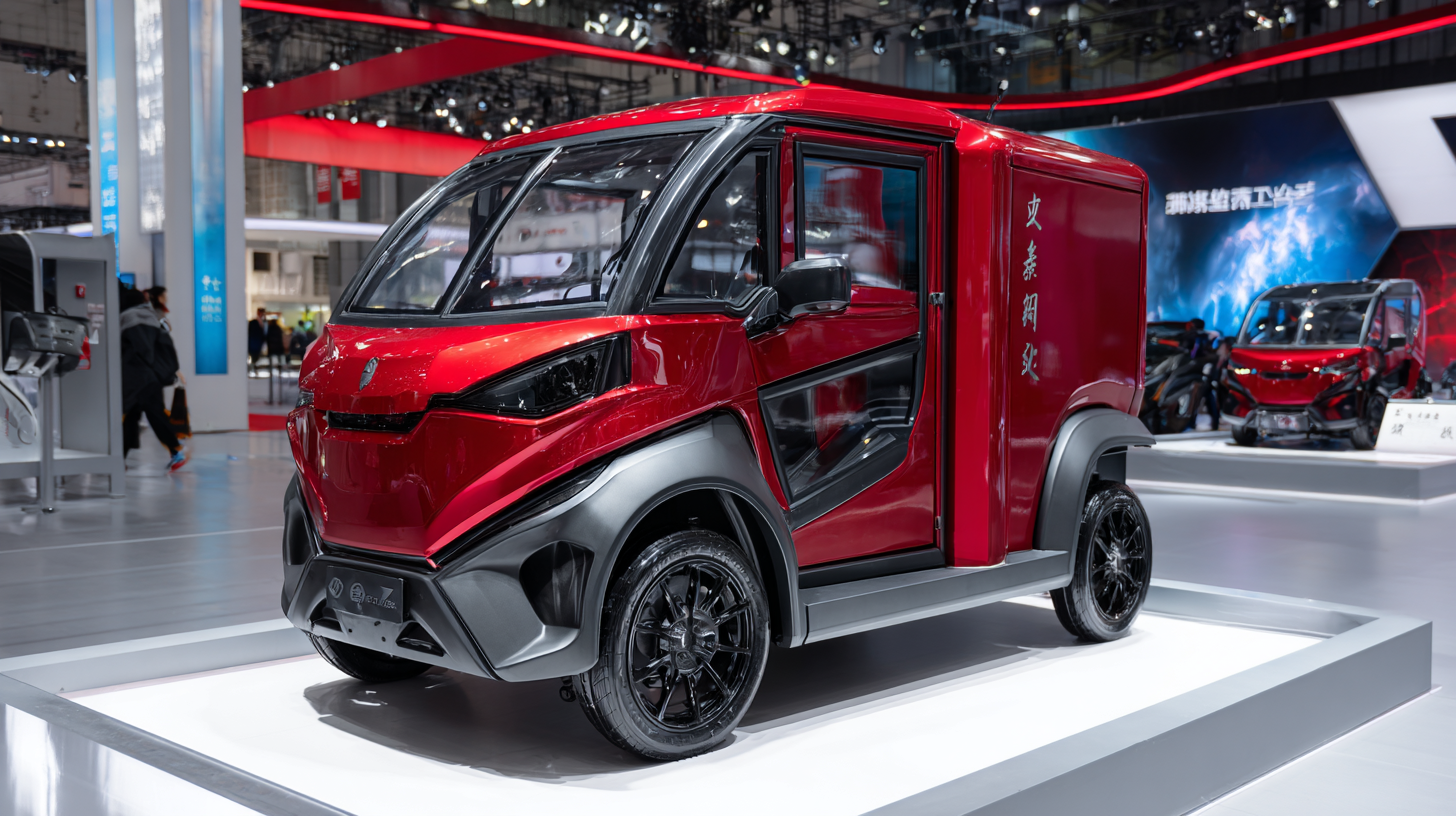
These electric wagon innovations incorporate lightweight materials, improving energy efficiency while maintaining structural integrity. Additionally, the use of battery recycling programs is becoming prevalent, with estimates suggesting that battery recycling can reduce the need for raw materials by up to 70%. Furthermore, many manufacturers are adopting renewable energy sources for production, aligning with the industry's goal of achieving net-zero emissions by 2050. As the market for electric vehicles continues to expand, these advancements serve not only to fulfill consumer demand for sustainable options but also to pave the way for a greener future in the automotive sector.
Market Trends and Consumer Preferences for Electric Wagons
As electric wagon cars capture the spotlight at the 2025 China Import and Export Fair, understanding market trends and consumer preferences becomes essential. With the market size for multi-purpose vehicles (MPVs) expected to reach $87.32 billion by 2025 and $902.25 billion by 2033, a compound annual growth rate (CAGR) of 0.41% indicates a steady rise in demand. This growth reflects consumers’ increasing inclination towards environmentally friendly transportation options that also offer versatility.
Tips: When choosing an electric wagon, consider practicality and range alongside innovative features. These vehicles often provide considerable storage space and amenities ideal for families or adventure enthusiasts. Furthermore, keep an eye on emerging technologies that enhance the driving experience, as advancements can significantly influence your decision and satisfaction.
Another aspect to consider is the influence of subsidies and incentives on the electric vehicle landscape. In North America, the electric two-wheeler market faces evolving challenges as government support fluctuates. Understanding these dynamics can help consumers leverage the best opportunities in this rapidly changing market, ensuring that they make informed decisions that align with their needs and values.
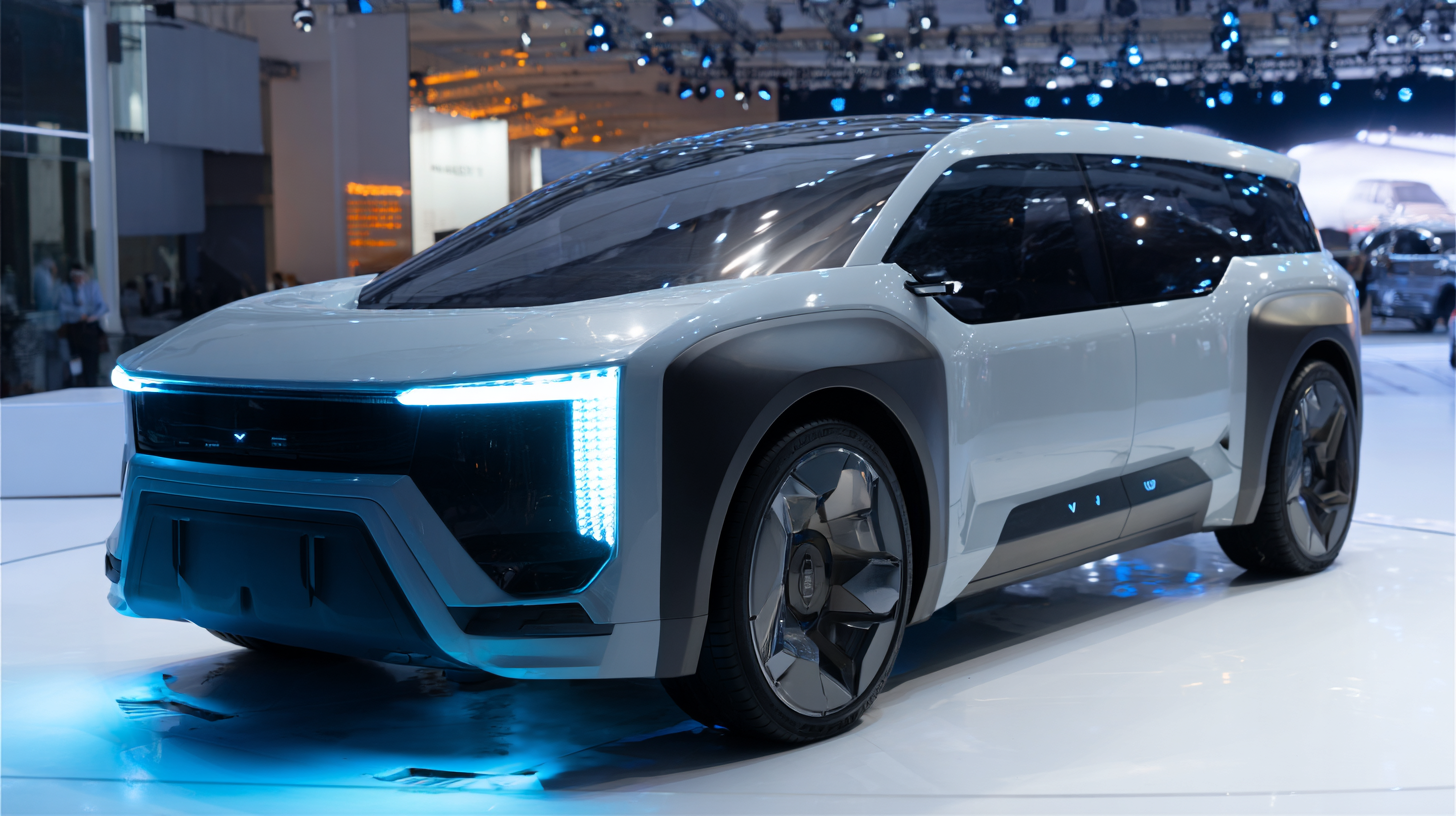
Future Prospects for Electric Wagon Cars Post-Expo
The electric wagon car segment is rapidly evolving, and the innovations showcased at the 2025 China Import and Export Fair highlight a promising horizon for this industry. Exhibitors presented advanced features such as enhanced battery efficiency, autonomous driving capabilities, and smart connectivity systems tailored to enhance user experience. These innovations not only aim to improve performance but also prioritize sustainability and reduce the carbon footprint associated with traditional vehicles.
Looking beyond the expo, the future of electric wagon cars appears bright as advancements in technology continue to make them more attractive to consumers. With increasing government support for electric vehicle (EV) infrastructure and growing environmental consciousness among the public, electric wagons are poised to capture a larger market share. Furthermore, collaborations between automotive manufacturers and tech companies are likely to spur further innovations, leading to more efficient, affordable, and smarter electric wagon cars in the coming years. The momentum generated by the fair could very well catalyze a shift in consumer preferences, steering the market towards a future dominated by electric mobility solutions.
Electric Wagon Car Innovations on Display at the 2025 China Import and Export Fair
| Feature | Description | Potential Impact | Future Outlook |
|---|---|---|---|
| Battery Technology | Advancements in lithium-silicon batteries offering higher energy density. | Increased range and efficiency for electric wagons. | Promising a significant reduction in charge time and costs. |
| Autonomous Driving Features | Integration of Level 4 autonomous systems for enhanced safety. | Potential to reduce accidents and improve traffic efficiency. | Increased adoption rates among consumers seeking convenience. |
| Sustainability Integration | Use of recycled materials in vehicle manufacturing. | Reduction in carbon footprint of electric wagon production. | Aligning with global sustainability goals and consumer demand. |
| Smart Connectivity | Enhanced vehicle-to-everything (V2X) communication systems. | Improved navigation and traffic management. | Integration with smart cities for optimal travel experiences. |
Related Posts
-
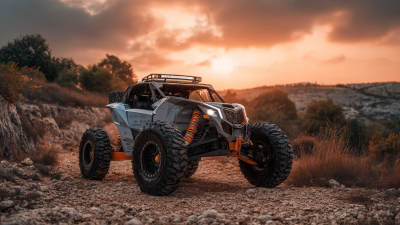
Ultimate Guide to Choosing the Perfect Electric Off Road Car for Your Adventures
-
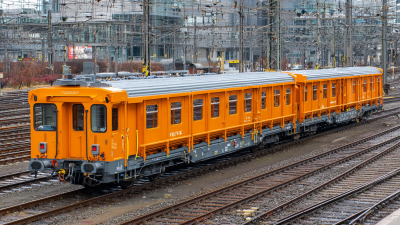
What Types of Electric Wagon Cars Are Revolutionizing Modern Transport?
-
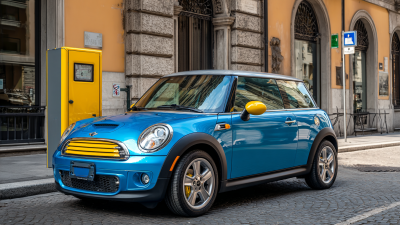
7 Key Benefits of Driving a Mini E Car for Future Sustainable Living
-

7 Secrets to Choose the Best Charging Battery Car
-
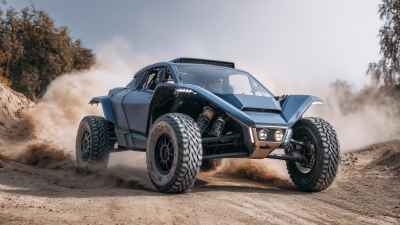
How to Choose the Perfect Electric Off Road Car for Your Next Adventure
-
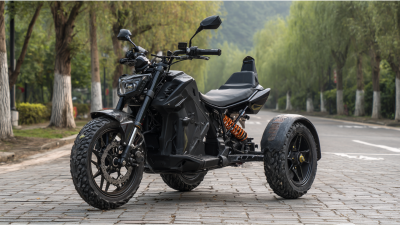
How to Choose the Right Electric Trike for Adults







